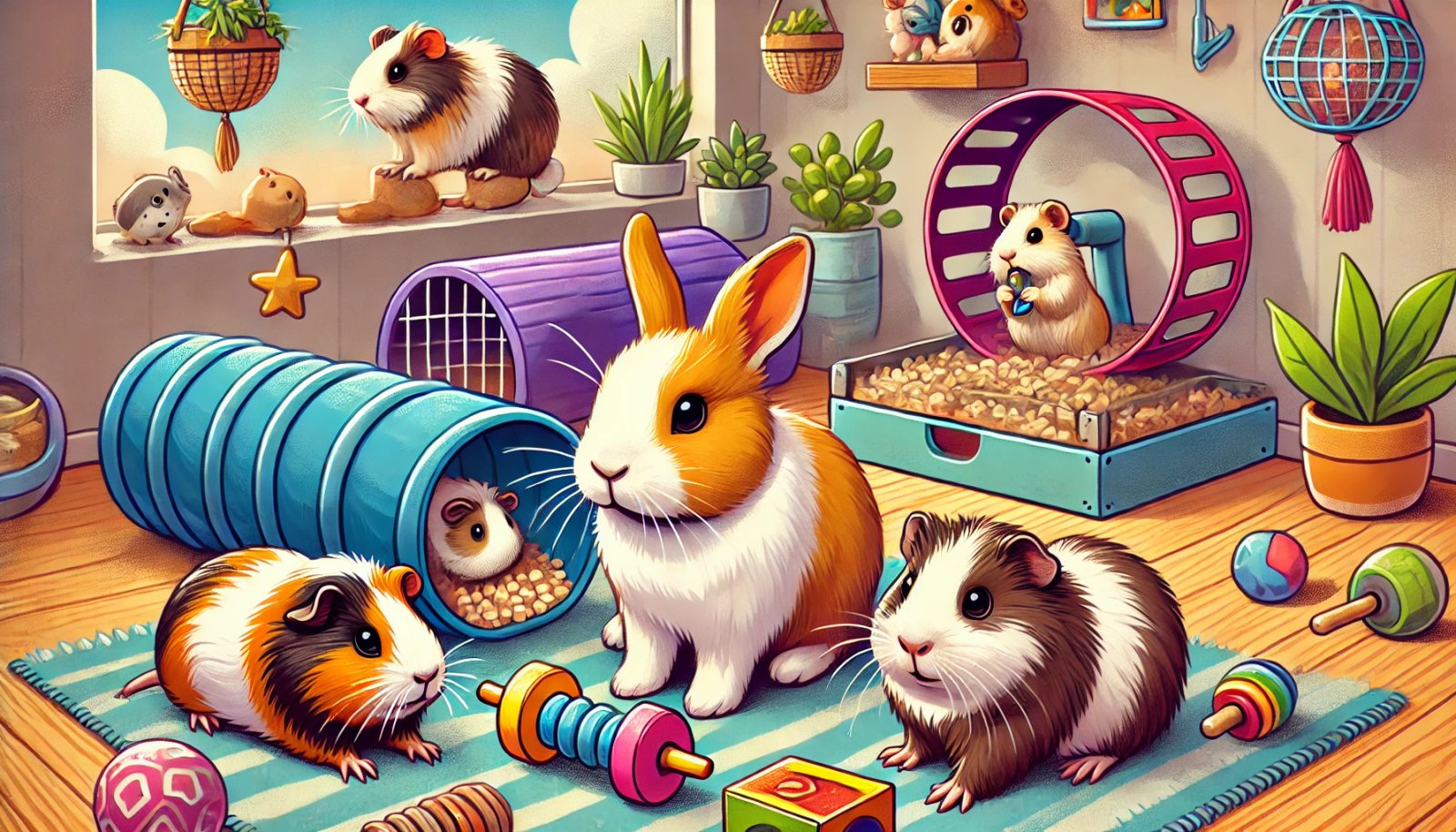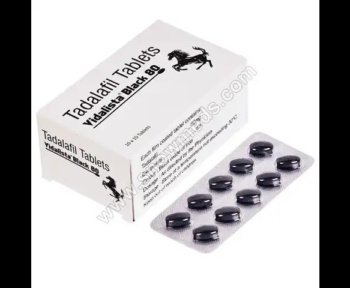Playtime is an essential aspect of a pet’s life, especially for small animals like rabbits, guinea pigs, hamsters, and ferrets. While these pets may not demand as much attention as dogs or cats, they still need mental and physical stimulation to remain happy and healthy. Toys play a crucial role in providing enrichment, preventing boredom, and supporting overall well-being. This guide will explore the importance of playtime, the benefits of using toys, and how to choose the best ones for your small pets.
The Importance of Playtime for Small Animals
Small pets may seem content in their enclosures, but they need stimulation to prevent boredom and stress. A lack of mental and physical engagement can lead to destructive behavior, anxiety, and even health issues like obesity.
1. Mental Stimulation
Small animals are naturally curious and love to explore their surroundings. Introducing toys and interactive activities helps keep their minds engaged. Puzzle toys, tunnels, and mazes challenge them, keeping their cognitive functions sharp.
2. Physical Exercise
Just like humans, small pets need regular exercise to stay in shape. Encouraging movement through play helps prevent obesity and improves cardiovascular health. Running wheels, climbing structures, and activity balls encourage small pets to stay active.
3. Stress Reduction
A well-enriched environment reduces anxiety and promotes a sense of security. Toys that mimic natural behaviors, like burrowing or chewing, help small pets feel safe and comfortable in their habitat.
Choosing the Right Toys for Small Animals
Not all toys are suitable for small pets. Selecting the right ones based on their species and needs ensures they remain safe and engaged.
1. Size-Appropriate Toys
Choose toys that match the size and capabilities of your pet. A hamster needs a different type of toy than a rabbit or ferret.
2. Material Safety
Toys should be made from non-toxic materials. Small animal chew toys are particularly beneficial since they help wear down teeth and prevent dental issues.
3. Variety and Functionality
Mixing different types of toys helps prevent boredom. Offer a combination of chew toys, interactive puzzle toys, and tunnels to keep them engaged.
The Role of Small Animal Chew Toys in Dental Health
Chewing is a natural behavior for small pets, and providing appropriate chew toys is essential for their dental health.
1. Preventing Overgrown Teeth
Many small animals, including rabbits and guinea pigs, have teeth that continuously grow. Without proper chewing materials, their teeth can become overgrown, leading to discomfort and difficulty eating.
2. Satisfying Natural Instincts
Chew toys help satisfy a small pet’s instinct to gnaw, preventing them from chewing on cage bars or other inappropriate objects.
3. Avoiding Painful Dental Issues
Dental problems can cause severe pain and impact a pet’s appetite. Providing chew toys ensures they maintain strong and healthy teeth.
Best Types of Toys for Small Pets
Different pets enjoy different types of toys. Understanding what suits each species helps create a stimulating environment.
1. For Rabbits
- Wooden chew toys
- Cardboard tunnels
- Hanging toys with bells
- Food puzzles
2. For Guinea Pigs
- Hay-based chew toys
- Play tunnels
- Soft balls for pushing
- Hide-and-seek shelters
3. For Hamsters and Gerbils
- Running wheels
- Mazes and climbing tubes
- Mini wooden bridges
- Nesting materials
4. For Ferrets
- Hanging hammocks
- Interactive puzzle toys
- Tunnels and digging boxes
- Soft plush toys
Creating an Enriching Play Environment
A well-thought-out play area can make a significant difference in a pet’s happiness. Here are some tips for setting up a stimulating environment.
1. Rotating Toys Regularly
Switching out toys prevents boredom and keeps pets engaged. Introducing new textures and activities stimulates their curiosity.
2. Providing a Safe Play Space
Allow small pets supervised time outside their enclosure in a secure, pet-proofed area to explore new surroundings.
3. Engaging in Interactive Play
Spending time playing with your pet strengthens your bond and provides social interaction they might not get otherwise.
Conclusion: Ensuring Happy and Healthy Pets with the Right Supplies
Investing in high-quality small animal toys enhances your pet’s overall well-being. Providing chew toys, activity tunnels, and interactive puzzles supports both their mental and physical health. By incorporating play into their daily routine, pet owners can ensure their small animals lead happy, enriched lives.
Choosing safe and engaging small animal chew toys is crucial for maintaining their dental health while keeping them entertained. With the right selection of toys, pet owners can create a stimulating environment that prevents boredom, reduces stress, and encourages natural behaviors.




